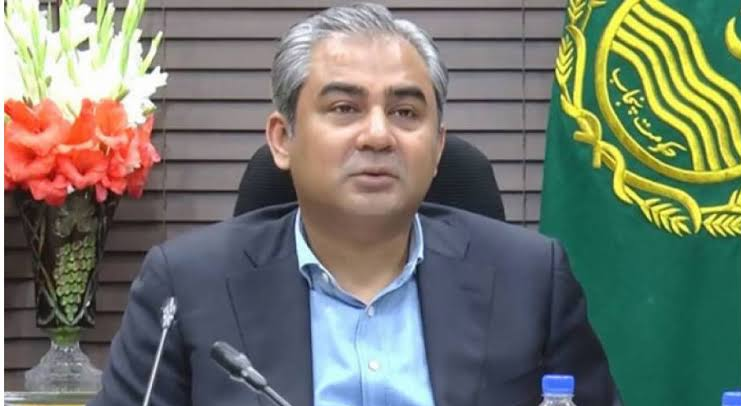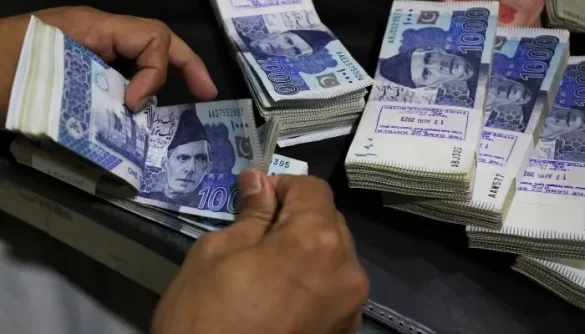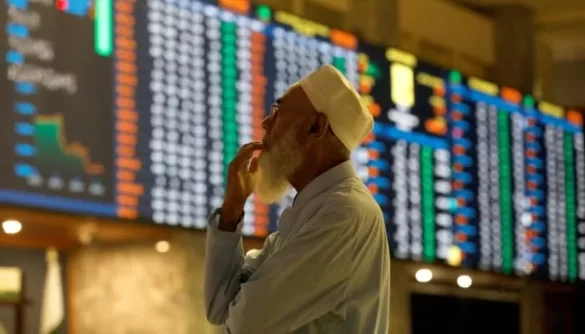Karachi – Federal Interior Minister Mohsin Naqvi has issued strict orders to launch a nationwide crackdown against hawala/hundi operations, fake medicines, beggar trafficking networks, and non-custom paid goods, during a high-level meeting at FIA Karachi Zone.
Chairing the session, the Interior Minister stressed that those involved in illegal money transfers must be brought to justice, regardless of their influence or connections. He emphasized zero tolerance and directed FIA officials to eliminate money laundering and parallel financial systems across the country.
Expressing serious concern over the beggar trafficking mafia, Naqvi said that agents sending beggars abroad are harming Pakistan’s international image. He ordered immediate and coordinated action, including arresting absconding agents in collaboration with other provinces.
He also directed strict monitoring and legal action against deported beggars, ensuring they don’t fall back into these criminal networks.
Mohsin Naqvi firmly stated that those selling fake and harmful drugs deserve no leniency and belong in jail. He ordered the FIA to target the supply chains and punish those endangering public health.
To explore this issue further, including key statements from the minister and full FIA directives, read this detailed Urdu report.
On Fake Medicines:
-
Seize and prevent non-custom paid goods
-
Take legal action against travelers carrying over $5,000 in undeclared foreign currency
-
Investigate and clarify circulating CCD lists on social media
The meeting was attended by Additional DG FIA South Mujahid Akbar Khan, Director FIA Karachi Zone Nauman Siddiq, and senior FIA officers from anti-money laundering, immigration, and anti-corruption units.
Director Nauman Siddiq also briefed the Interior Minister on the zone’s performance and current challenges.
Hawala, fake medicine trade, and human trafficking are seen as serious threats to Pakistan’s economy, public health, and global reputation. There has been a long-standing demand for strong and sustained action against these networks.















